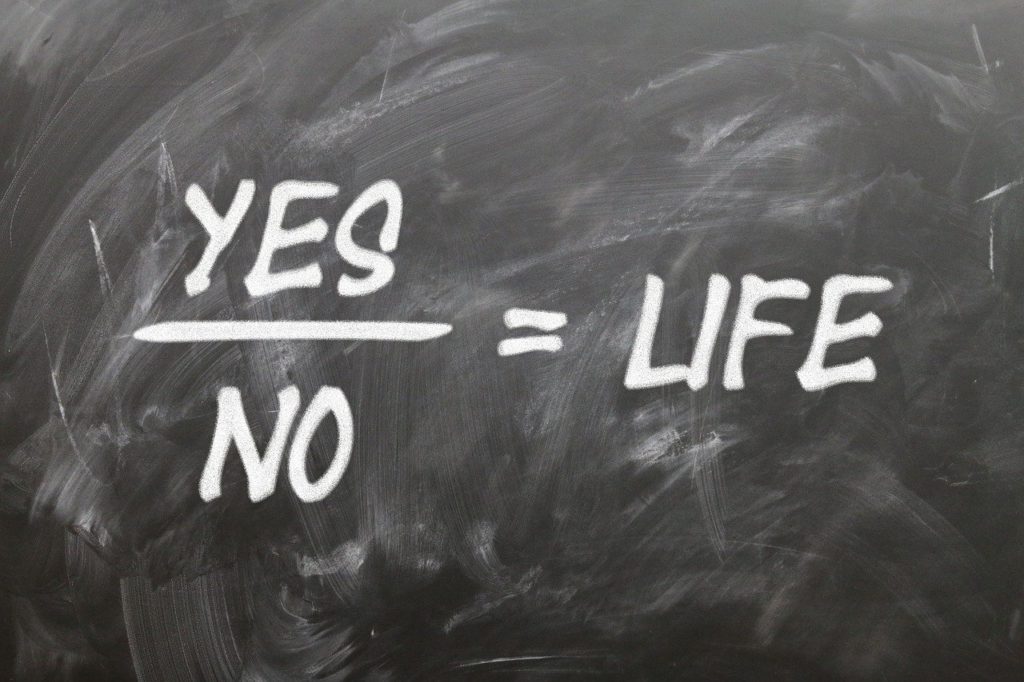A thought criminal refers to a person who holds, expresses, or believes in ideas that are considered unacceptable, dangerous, or subversive by those in power, particularly in authoritarian regimes. The concept of “thought crime” was popularized by George Orwell in his novel 1984, where the totalitarian government punished people not only for their actions but also for their beliefs and thoughts that deviated from official ideology.
Determining if someone is a “Thought Criminal”:
In Orwell’s 1984, a thought criminal is determined by:
- Nonconformity: Holding beliefs or ideas that challenge the dominant ideology.
- Speech: Expressing dissenting opinions, even in private conversations.
- Behavior: Showing signs of rebellion, even in subtle forms, such as facial expressions or body language that suggest disapproval of authority.
In real-world contexts, governments or societies might accuse someone of being a thought criminal by:
- Surveillance: Monitoring private conversations, writings, or social media posts.
- Association: Being linked to groups or individuals considered subversive.
- Expression of Opinions: Writing or speaking out on political, social, or religious issues that challenge the status quo.
Thought crime and Freedom of Speech:
The concept of thought crime directly threatens freedom of speech, as it criminalizes not just actions but ideas and expression. When governments or institutions start punishing individuals for their thoughts or opinions, it limits the free exchange of ideas, stifles dissent, and creates an atmosphere of fear where people are afraid to speak their minds.
Harms that Result from Labeling Someone a Thought Criminal:
Criminalizing thoughts or opinions can lead to various social, political, and psychological harms, including the erosion of fundamental freedoms. Here are 10 current events or trends that show how criminalizing certain thoughts or opinions can harm society:
- Hong Kong’s National Security Law (2020)
The Chinese government’s new law in Hong Kong criminalizes acts of “secession,” “subversion,” and “terrorism,” with such vague definitions that even peaceful protests and political opinions critical of the government can be punished. Activists, journalists, and ordinary citizens have been arrested, stifling free speech. - Russia’s Crackdown on Dissent Over Ukraine War (2022-2023)
In Russia, people who speak out against the government’s invasion of Ukraine or even call it a “war” rather than a “special military operation” can face imprisonment. Public opinion is tightly controlled, and individuals are punished for expressing anti-war sentiments. - Saudi Arabia’s Arrests for Social Media Posts (2022)
Several people in Saudi Arabia have been jailed for posting critical comments about the government or expressing feminist views on Twitter. This crackdown on free speech targets those whose thoughts and beliefs challenge the ultra-conservative regime. - China’s Uyghur Re-Education Camps (Ongoing)
China has placed millions of Uyghur Muslims in “re-education camps” in Xinjiang, where they are forced to renounce their religious beliefs and adopt the state’s ideology. Simply practicing their faith or having dissenting views makes them thought criminals in the eyes of the state. - Censorship in Iran During Protests (2022-2023)
In response to protests over the death of Mahsa Amini, Iranian authorities arrested thousands of protesters, journalists, and even social media users for expressing anti-government sentiments. The regime labeled them enemies of the state for their thoughts and beliefs, leading to widespread suppression of free speech. - Turkey’s Jailing of Journalists and Academics (2020s)
The Turkish government has cracked down on academics, journalists, and activists who criticize President Erdogan or question the government’s policies, especially following the 2016 coup attempt. Critics are accused of thought crimes such as supporting terrorism, even for mild opposition. - Myanmar’s Crackdown on Pro-Democracy Activists (2021)
Following the military coup in Myanmar, the government has arrested thousands of pro-democracy activists and citizens who oppose the military regime. People expressing dissent online or in person are labeled subversive and treated as criminals for their beliefs. - India’s Sedition Law and Farmer Protests (2021)
During the farmer protests in India, many activists and journalists were charged with sedition, a colonial-era law used to silence dissenters. Critics argue that this law criminalizes thought and speech, punishing people for challenging government policies. - North Korea’s Control Over Information (Ongoing)
In North Korea, any form of dissent or even private criticism of the government is met with harsh punishment. Citizens live under constant surveillance, with the state controlling all information. People who think or express ideas counter to the regime’s ideology are considered traitors. - Suppression of Academic Freedom in Hungary (2020s)
The Hungarian government, under Viktor Orbán, has been accused of stifling academic freedom by controlling universities and their curriculum. Academics who teach or research topics like liberalism, migration, or gender studies have been pressured or removed, essentially making certain ideas criminal.
Consequences of Criminalizing Thought:
- Fear and Self-Censorship: When people are punished for their thoughts or beliefs, others begin to self-censor to avoid retribution. This creates a culture of silence where critical thinking and dissent are stifled.
- Loss of Innovation and Progress: Societies that suppress free thought stagnate because new, innovative ideas are often seen as subversive. True progress requires the freedom to challenge existing norms.
- Polarization and Distrust: When people are punished for their beliefs, societies become more divided, as groups retreat into echo chambers where only accepted views are shared.
- Psychological Harm: Being unable to express one’s true thoughts and beliefs leads to alienation, anxiety, and feelings of powerlessness.
- Weakening of Democracy: In democratic societies, freedom of speech and thought are cornerstones. Eroding these freedoms undermines democracy, giving rise to authoritarian control.
In conclusion, labeling people as thought criminals is a dangerous practice that undermines freedom of speech and democracy. History and current events show that societies suffer greatly when individuals are punished for their thoughts and ideas, leading to repression, stagnation, and fear.

